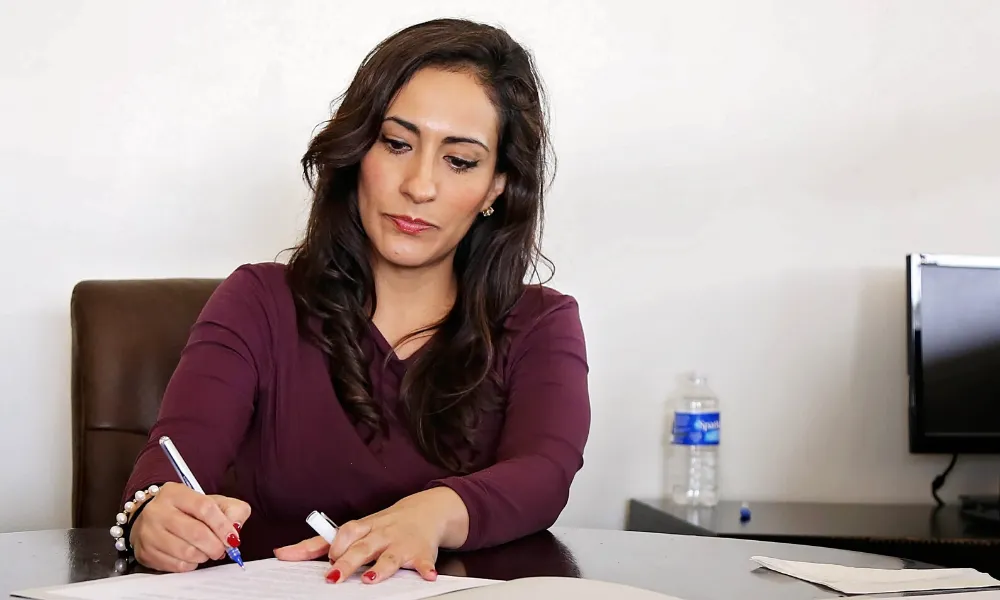Do You Know How to Probate an Estate?

You might have a job or just have retired, and you learn suddenly that your Great Aunt Lucy died and named you executor of her will. How hard could it be you ask to resolve an estate by yourself without professional advice or a competent professional beside you?
Estate Planning after a Divorce: What You Need to Know

Divorce significantly affects your estate plan. Therefore, it’s crucial to take timely action to revise it. If you’re going through a divorce or have recently finalized one, it may be time to review and update your estate plan.
The Pitfalls of Adding a Child to Your Home’s Deed

While adding a child to your home’s deed might seem straightforward to manage your estate, it’s fraught with potential problems and complications. This article reviews the implications and alternatives to adding a child to your home’s deed, with the goal of ensuring your estate plan is effective, efficient, and aligned with your long-term intentions.
Asset Protection Trusts: Protect from Divorce

Will an asset protection trust protect your assets from creditors, lawsuits, or other financial risks? If you’re considering an asset protection trust or want to learn more about how it can fit into your estate plan, this article will guide you to the next step.
Documents You’ll Need to Update after Divorce

Amidst all the turmoil, it is vital for people to understand the significance of updating beneficiaries on various accounts and financial instruments.
Estate Planning for unmarried couples and non-traditional families

Estate planning is essential for unmarried couples and non-traditional families, offering vital protection and recognition for partners and loved ones. This article explores key elements, from wills and trusts to tax implications and blended family considerations, tailored to the unique needs of these groups. By working with experienced estate planning professionals, individuals can ensure their wishes are honored and their families are safeguarded, regardless of marital status or family structure.
Integrating Retirement Accounts and Estate Planning

Integrating retirement accounts into your estate plan is vital for preserving your financial legacy. This blog post covers key considerations, such as tax implications, beneficiary designations, and strategies for maximizing benefits. By understanding the role of retirement accounts in estate planning and seeking professional guidance, you can ensure that your assets are distributed according to your wishes and provide lasting benefits for your beneficiaries.
3 Signs You Definitely Need a Trust (and Not Just a Will)

Estate planning is akin to crafting a roadmap for the future; it’s about guiding your loved ones through the maze of your final wishes with clarity and ease. At the heart of this journey lie two pivotal tools: wills and trusts. While both serve to shepherd your assets posthumously, certain situations demand the finesse of a trust over…
Guide to Incapacity Planning: Protecting Yourself and Your Estate

Incapacity planning is a crucial aspect of managing your estate and ensuring that your wishes are honored if you cannot make decisions for yourself. This article will examine the various components of incapacity planning, offering comprehensive…
Who Can Benefit from a Special Needs Plan: Crafting a Comprehensive Plan for the Future

Whether you’re a parent with a special needs child or an adult caring for an elderly or special needs loved one, understanding the benefits of a comprehensive Special Needs Plan is crucial. Careful planning ensures that the individual with special needs has clear financial security upon your death, as well as specific goals to address the needs of your child or loved one so that they can be successful in the future. From guardianship and living arrangements to managing finances and planning for adulthood, each element of a special needs plan plays a crucial role in ensuring a secure and…

